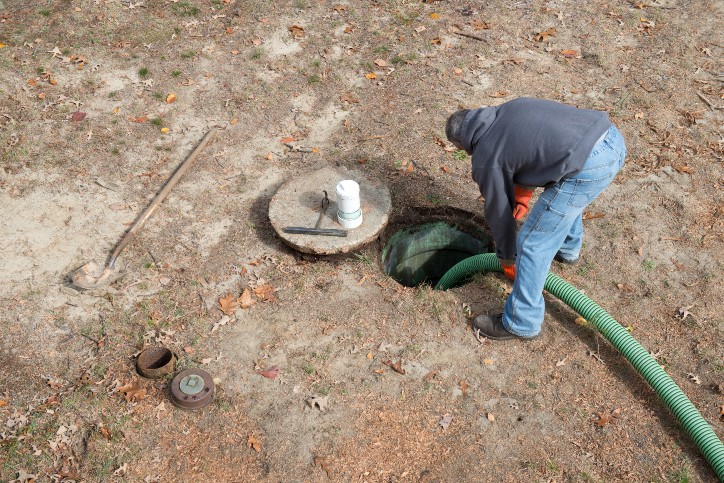4 Tips For New Septic Tank Owners
When you invest in the quality of your septic tank, you are also investing in your home. Here, our team has put together a guide for new septic tank owners, so you can learn how to protect and care for your septic tank. A well-maintained septic tank will last for over 20 years, removing harmful contaminants from your wastewater. At Jones Plumbing & Septic Tank Service, our plumbing experts have performed professional septic tank repairs and inspections for over three decades. We proudly serve Alachua, Columbia, Dixie, Gilchrest, and Levy county. During a routine maintenance appointment, our plumbers will repair broken pipes, remove clogs due to improper disposal, and address possible drainfield failures.
Preserve the efficiency and performance of your new septic tank. Contact Jones Plumbing & Septic Tank Service to schedule septic tank care services for your household or commercial property.

Create A Pump-Out Schedule
A residential septic system should be pumped every three to five years on average. In order to determine how often your septic system should be pumped, you should assess the size of the septic tank, your household size, and the total amount of wastewater accumulated.
Septic tank pumping consists of the removal of liquid and uncompressed solid waste. Once this waste is removed, our technicians use pressurized streams of water to break down remaining solids and wash out the tank. This process ensures that no solids are left behind.
We recommend you keep a thorough maintenance record of any work performed on your septic system. This record will serve as a great reference point for your last pumping or septic tank cleaning.
Practice Proper Disposal Practices
When you flush a substance down the toilet, garbage disposal, shower, or sink drain, it will wind up in your septic system. Certain materials that are often flushed do not easily decompose. The beneficial bacteria inside your septic tank and drainfield will be unable to break down this material, where it can create clogs and blockages.
Never dispose of fats, oils, grease, household chemicals, paint, drain cleaners, and pesticides down your drain. Not only will they clog your pipes—harmful chemicals and toxins can kill the helpful bacteria in your septic tank that decompose organic waste.
Maintain The Drainfield
The drainfield is an essential component in every septic system. Liquid leeches into the drainfield, where contaminants are removed by the soil.
Do not park or drive on the drainfield. It is also not advised to plant trees near your drainfield. The roots from these trees can intrude on your septic tank and system, interfering with performance and disturbing the pipes underground.
Invest In High-Efficiency Products
Excessive water usage can overwhelm your drainfield and septic tank, potentially leading to flooding. High-efficiency toilets, dishwashers, shower heads, and washing machines limit overall water usage while simultaneously helping the environment.
Although they may seem costly upfront, high-efficiency products conserve water, reduce utility bill costs, and prevent drainfield failures.
